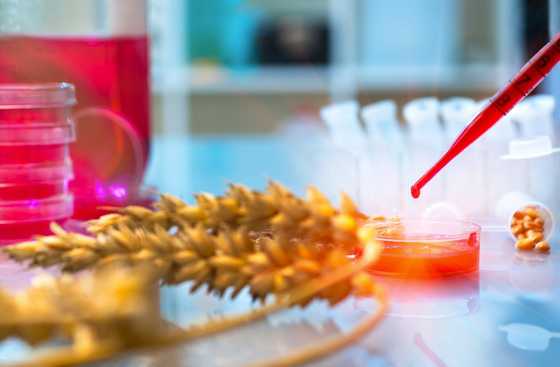While the United States is completely in bed with companies that manufacture genetically modified organisms (GMOs), countries in other parts of the world are resisting their relentless push to populate the planet with their patented seeds.

Turkey is the latest country to ban 26 GMOs following an incident involving the unauthorized entry of genetically modified rice that was due at Mersin port, according to local press. The Biosecurity Board unanimously passed the ban, though some genetically modified corn and soy will be permitted for animal feed.
Studies show that certain GMOs are potentially destructive not only to health, but also the kind of genetic diversity that underpins successful ecosystems.
And while some nations (like the US and South Africa) are lapping them up as a panacea for world hunger, there exists little evidence that GM seeds produce greater yields.
Egypt has been pushing back against Monsanto’s MON810, which contains cry1Ab – a deadly insecticide that ruptures the stomachs of insects that eat it, and now Turkey has joined the resistance with an unprecedented show of support against GMOs.
The 26 banned products include modified corn crops used for fuel, as well as sugar beet and rapeseed that even the European Union allows as feeders, according to Hurriyet Daily News.
Three food company executives were recently detained for allegedly ordering genetically modified rice to be delivered into Turkey via Mersin port on the northeastern coast of the Mediterranean Sea.
They have since been released, but the incident set off a firestorm of debate, which the Biosecurity Board has urged the Scientific and Technological Research Council of Turkey (TÜBİTAK) to continue by researching the benefits and detriments of GMOs.
Despite the opposition to powerful companies like Monsanto, 19 corn and soy products will be permitted into the country as feed for cattle, chicken, and fish. Which means meat-eaters will still be exposed.
:: Hurriyet Daily News

Leave a Reply